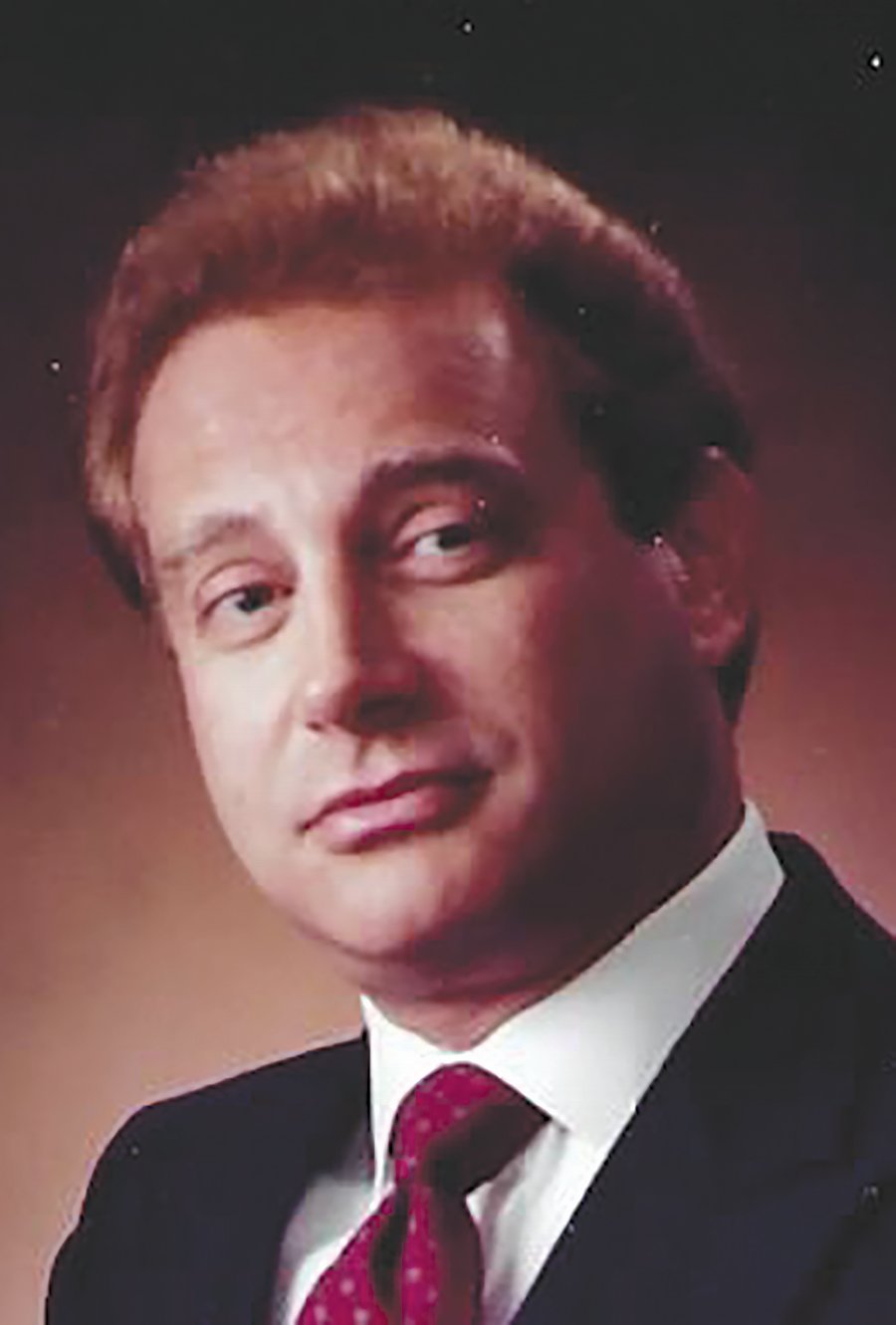Column by Sumter Rabbi Josef Germaine: What are stem cells?

Many people do not really understand what stem cell technology entails. Many have no idea how it does - or does not - violate religious principles. There still exists controversy over embryonic stem cell research.
To be clear, embryonic stem cell research is about eggs fertilized in a test tube, once destined to be implanted in a woman's womb. Many such specimens are never used or claimed.
There is no controversy in Israel, a country at the forefront of stem cell research. Israel does not have separation of synagogue (church) and state - all legislation must satisfy the religious faction of its Knesset (parliament) before being accepted as law.
Stem cells originate as nondifferentiating cells that may later become specialized. Stem cell research involves such cells being introduced into an environment in which the cells replicate in specialized differentiation, for example, liver and brain cells.
There is no controversy over stem cells derived from placenta or certain other sources. The primary controversy is over embryonic stem cells. In a developing embryo, stem cells will either remain undifferentiated - or when introduced into a specific environment become identical to surrounding tissue.
The misinformed think of this process as "creating a Frankenstein." However, stem cell technology cannot go beyond the scope of healing and repairing damaged tissue.
Think of the benefits to people suffering from Parkinson's or Alzheimer's diseases. Imagine the benefits to individuals who have suffered crippling spinal cord injuries, such as Christopher Reeve.
In Israel, significant progress has already been achieved in using stem cells to replicate heart, liver, brain and insulin-producing islet cells as well as bone marrow and growth factors.
Jewish law distinguished between a pre-implanted embryo in a test tube and one implanted within a womb.
According to Asa Kasher, professor of professional ethics and philosophy of practice at Tel Aviv University, "Many of the ethical debates regarding the use of embryonic stem cell research have to do with what is characterized as the potential of the embryo to become a human being."
According to Rabbi Yaakov Weiner, head of the Jerusalem Center for Research, "There is a clear prohibition against using embryos (within the body). But there is a Halachic (biblical law) opinion that outside the body, (the embryo) has no inherent potentiality and therefore its use is permitted."
In the final analysis, in a country whose policies are governed by both legal and moral concerns, where religion and government are inseparable and can still achieve success in a seemingly controversial matter, why can we not achieve the same results?
What is needed is a clear understanding of the issues. We need to be better educated about the subject and maintain perspective, with the ultimate goal of benefiting all members of our society.
Rabbi Josef Germaine is a professional lyric tenor who has been a concert recitalist, cantor, vocal coach and rabbi. He received his bachelor's in music and masters degree in Hebrew education. He lives in Sumter and is a member of Temple Sinai. Reach him at tenore39@aol.com.
More Articles to Read
